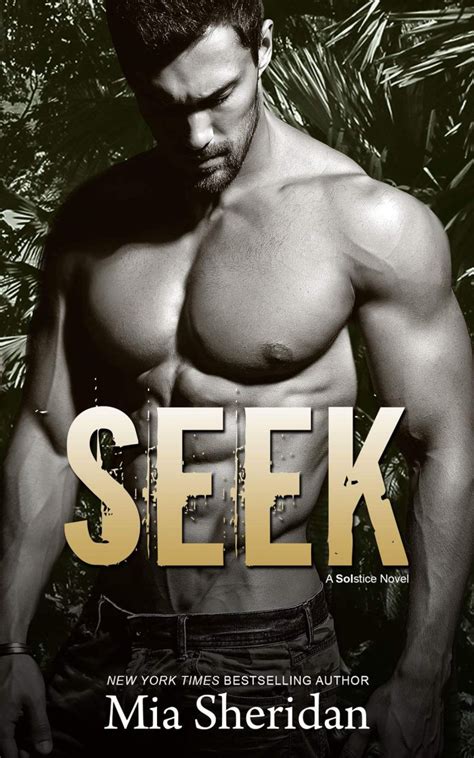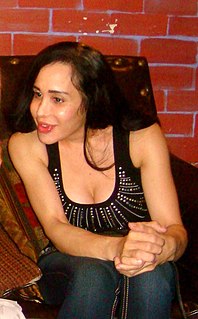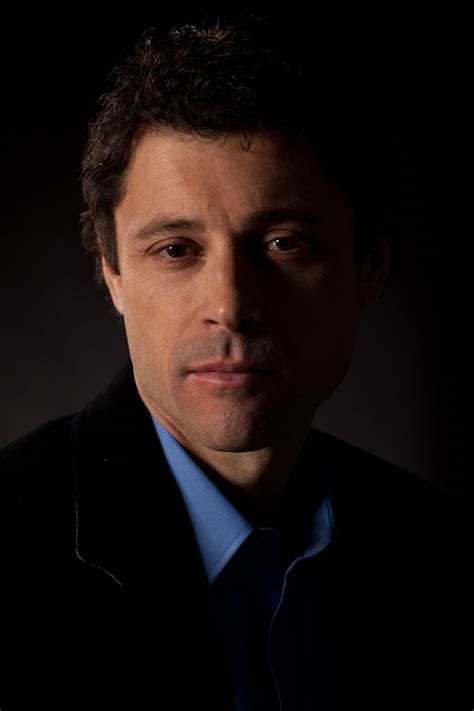A Quote by Judy Blundell
I knew that the deepest of tragedies was simple: to love, and not to be loved in return.
Related Quotes
in the nineteenth year and the eleventh month speak your tattered Kaddish for all suicides: Praise to life though it crumbled in like a tunnel on ones we knew and loved Praise to life though its windows blew shut on the breathing-room of ones we knew and loved Praise to life though ones we knew and loved loved it badly, too well, and not enough Praise to life though it tightened like a knot on the hearts of ones we thought we knew loved us Praise to life giving room and reason to ones we knew and loved who felt unpraisable. Praise to them, how they loved it, when they could.
You don't need to be seeing someone to be in love with her. You can have lost touch with her, she can have hurt you, even inexplicably. If you ever felt that you really knew her and that it was what you knew that you loved, and if you remember what it was you once knew, why is it so crazy to retain that love still?
That deepest thing, that recognition, that knowledge, that sense of kinship began the first time I saw you,and it is the same now - only a thousand times deeper and tenderer. I shall love you to eternity. I loved you long before we met in this flesh. I knew that when I first saw you. It was destiny. We are together like this and nothing can shake us apart.
It is by loving, and not by being loved, that one can come nearest the soul of another; yea, that, where two love, it is the loving of each other, that originates and perfects and assures their blessedness. I knew that love gives to him that loveth, power over any soul beloved, even if that soul know him not, bringing him inwardly close to that spirit; a power that cannot be but for good; for in proportion as selfishness intrudes, the love ceases, and the power which springs therefrom dies. Yet all love will, one day, meet with its return.
He didn't want her; he wanted me. Well, you know how it is." Dalgliesh did know. This, after all, was the commonest, the most banal of personal tragedies. You loved someone. They didn't love you. Worse still, in defiance of their own best interests and to the destruction of your peace, they loved another. What would half the world's poets and novelists do without this universal tragicomedy?

































